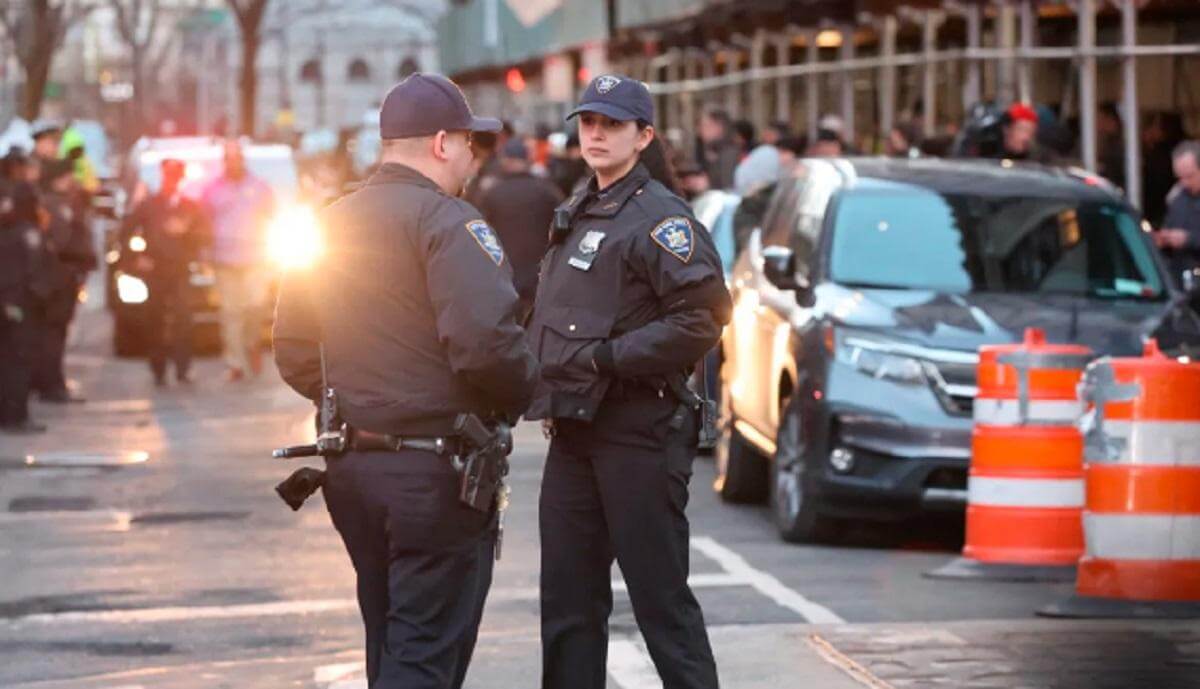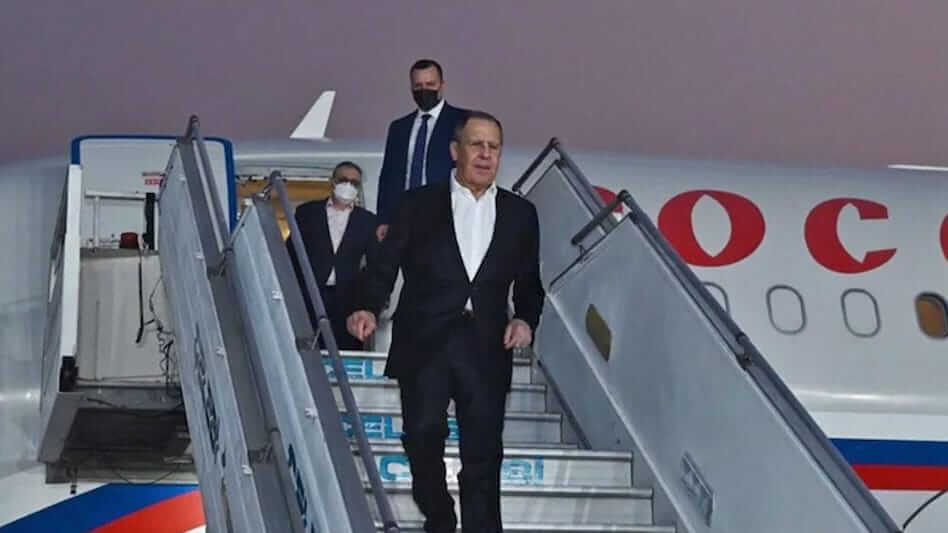Ukrainian chairman Volodymyr Zelenskiy claimed his forces repelled a “ fierce descent ” by Russian colors in the eastern Donetsk region. “ moment they stopped the fierce obnoxious conduct of the adversary, ” Zelenskiy said in his Sunday night address. “ The Russian attack was repelled. ” The fiercest fighting in Donetsk region has been around the municipalities of Bakhmut and Avdiivka.
Russia’s Black Sea flagship vessel, the Admiral Makarov, was damaged and conceivably impaired during an audacious Ukrainian drone attack over the weekend on the Crimean harborage of Sevastopol, according to an examination of videotape footage. Open- source investigators said the frigate was one of three Russian vessels to have been hit on Saturday. A mass of drones struck Russia’s cortege at4.20 am. helpers to Zelenskiy suggested the country was behind the well- orchestrated raid, though his government has not claimed responsibility.
In the wake of the Sevastopol attack the Kremlin said it was pulling out of aUN-brokered grain deal that allows mercenary vessels to export grain and fertiliser from Black Sea anchorages. Russia claimed it couldn’t “ guarantee safety of mercenary vessels ” travelling under the pact after the attack on its Black Sea line. Zelenskiy, still, said Moscow was looking for a rationale to end the action. It had been “ designedly aggravating ” the food extremity since September, he said in a videotape address.
The transnational community condemned Russia’s decision to suspend theUN-brokered Black Sea grain action. US chairman Joe Biden described the move as “ purely outrageous ” while US clerk of state, Antony Blinken, said Russia was weaponising food. The European Union called on Russia to reverse its decision. “ Russia’s decision to suspend participation in the Black Sea deal puts at threat the main import route of important- required grain and fertilisers to address the global food extremity caused by its war against Ukraine, ” EU foreign policy chief, Josep Borrell, said.
The UN clerk general, António Guterres, said he was “ deeply concerned ” by Russia’s suspense of the deal and delayed his departure to attend the Arab League peak in Algiers for a day to try to revive it. Russia requested a meeting on Monday of the UN’s security council to bandy the issue. Guterres was engaged in “ violent connections ” to get the agreement back and spoke to the EU’s top diplomat, Josep Borrell.
The United Nations, Turkey and Ukraine said they will press ahead to apply a Black Sea grain deal with a conveyance plan in place for 16 vessels on Monday, despite Russia suspending its participation in the pact. The UN, Nato, the EU and the US have all prompted Russia to reverse its decision to pull out of the deal. In a statement, the Joint Coordination Centre( JCC) in Istanbul, where Russian, Ukrainian and Turkish and UN labor force are working, said the three delegations had also agreed for examinations to be handed on Monday to 40 outbound vessels.
Kyiv’s structure ministry said on Sunday that 218 vessels were now “ effectively blocked ” in its anchorages – 22 loaded and stuck at anchorages, 95 loaded and departed from anchorages, and 101 awaiting examinations.
Russian foreign minister, Sergei Lavrov, expressed “ stopgap ” that Joe Biden will recall the 1962 Cuban bullet extremity when dealing with the war in Ukraine. In an interview for a Russian state TV talkie on Sunday, Lavrov said there were “ parallels ” between the ongoing war in Ukraine and the 1962 battle. “ I hope that in moment’s situation, President Joe Biden will have further openings to understand who gives orders and how, ” Lavrov said. “ The difference is that in the distant 1962, Khrushchev and Kennedy set up the strength to show responsibility and wisdom, and now we don’t see similar readiness on the part of Washington and its satellites, ” he added.
Where will it all end? The conflict in Ukraine appears further than ever from resolution. Nuclear pitfalls, mass graves, the sense that both sides are “ all in ”.It’s our job at the Guardian to decrypt a fleetly changing geography, and report the data in sober fashion, without getting carried down. Our reporters are on the ground in Ukraine and Russia and throughout the globe delivering round- the- timepiece reporting and analysis during this fluid situation.
We know there’s no cover for being there – and we ’ll stay on the ground, as we did during the 1917 Russian Revolution, the Ukrainian shortage of the 1930s, the collapse of the Soviet Union in 1991 and the first Russo- Ukrainian conflict in 2014. We’ve an outstanding, 200- time history of reporting throughout Europe in times of bouleversement, peace and everything in between. We wo n’t let up now.Knockouts of millions have placed their trust in the Guardian’s intrepid journalism since we started publishing 200 times agone
turning to us in moments of extremity, query, solidarity and stopgap. We ’d like to invite you to join further than1.5 million sympathizers from 180 countries who now power us financially – keeping us open to all, and fiercely independent.Unlike numerous others, the Guardian has no shareholders and no billionaire proprietor. Just the determination and passion to deliver high- impact global reporting, always free from marketable or political influence. Reporting like this is vital to establish the data who’s lying and who’s telling the verity.
And we give all this for free, for everyone to read. We do this because we believe in information equivalency. Greater figures of people can keep track of the events shaping our world, understand their impact on people and communities, and come inspired to take meaningful action. Millions can profit from open access to quality, veracious news, anyhow of their capability to pay for it.


